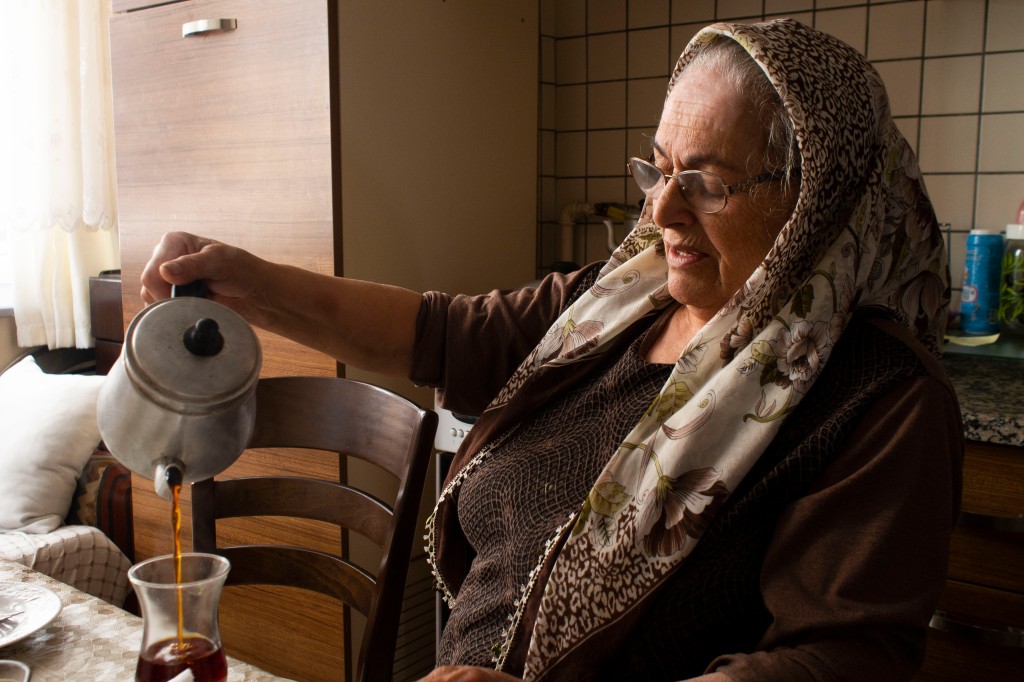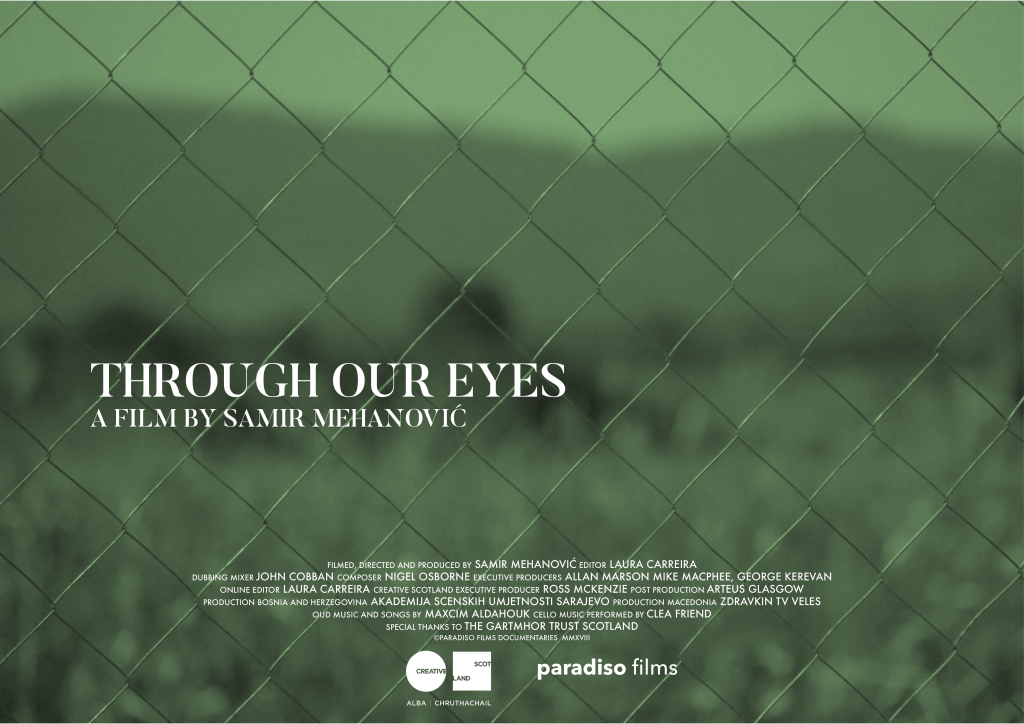by Georgie Wemyss
In last month’s Queen’s speech, the Conservative government pledged to introduce a new Immigration Act that will create an offence of ’illegal working’ enabling the police to seize the wages of those working in the shadow economy as cleaners, kitchen porters and agricultural workers as ‘proceeds of crime’.
These proposals build on previous Immigration Acts that aim to create a ‘hostile environment’ for ‘illegal migrants’ through extending the UK state border further into everyday life. Through regimes of civil penalties more and more people have been pulled into border-guard roles as landlords, employers and health workers who are obliged to check and approve the immigration status of their tenants, workers or patients. Immigration law is notoriously complex and those who are the subjects of those bordering practices may be denied jobs, accommodation, healthcare and education because the border administrators may not be willing to understand the legal complexities, may act on racist stereotypes, or threatened by fines or raids or exclude racialised minorities in order to minimize risk to themselves.
Members of the public are encouraged to be unpaid enforcement officers by reporting suspected ‘immigration crime’ anonymously via the Home Office website and there is every reason to expect that many will not hold back from reporting the comings and goings of ‘hard working people’ they assume to not be European citizens. Don Flynn from Migrants Rights Network has outlined the implications of the creation of this ‘new type of criminal’, the wrong sort of ‘hard working family’ member for everyone.
As part of the EUBORDERSCAPES project, the Centre for research on Refugees, Migration and Belonging (CMRB) at the University of East London has been researching the state border as it is moving further into everyday life, uncovering how this evolution of bordering from the margin to the centre, from the extraordinary into everyday lives, threatens to destroy the conviviality of pluralist metropolitan London, and multi-cultural Britain in general.
In partnership with Southall Black Sisters, Migrant Rights Network and Refugee and Migrant Forum of Essex and London, CMRB have produced a 50 minute film, Everyday Borders, to raise awareness of the effects of everyday bordering on the lives and livelihoods of those who are made to carry out border-guard roles and those who are excluded by the internal everyday bordering processes.
Georgie Wemyss is a Senior Research Fellow at the Centre for Research on Migration, Refugees and Belonging at the University of East London. She is currently working on the EUBorderscapes project, investigating the evolving concepts of state borders in Europe.
*This blog was originally published on the Glasgow Sociology blog, on the 4th June 2015.




Leave a comment